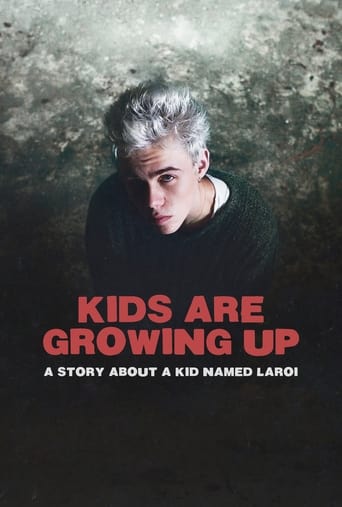Steineded
How sad is this?
TaryBiggBall
It was OK. I don't see why everyone loves it so much. It wasn't very smart or deep or well-directed.
filippaberry84
I think this is a new genre that they're all sort of working their way through it and haven't got all the kinks worked out yet but it's a genre that works for me.
Kien Navarro
Exactly the movie you think it is, but not the movie you want it to be.
SnoopyStyle
In 2007, Robert King is home in Tennessee hunting deer as he looks back on his war photographer career. In 1993, he arrives in Sarajevo with $1500 and little experience. He is completely green and getting handouts from the orphans. During the Chechnya conflict, he arrives in 1997 Grozny after the Russians take over and the press has left. His pictures during the rebel counter-offensive go worldwide. It's a life of sex, drugs, and violence. That is until he meets his future wife Olga in Moscow. He is all over the world photographing wars and embedded with the troops in Iraq.This is an indie doc about a war photographer. It's pretty straight forward. Most of the stuff in Tennessee is relatively boring. Most of the relevant ideas can be covered with narrations while showing more interesting war footage. This is mostly nothing special but it has some compelling bits. It also probably has a half-hour worth of filler footage.
JustCuriosity
Blood Trail, which had its US premiere at Austin's SXSW Film Festival, provides a biographical examination of war photographer Robert King's experiences and growth as he spends 15 years covering the world's worst conflicts in Bosnia, Chechnya and Iraq – among other places. It shows his transition from naive novice looking for adventure to a cynical veteran. The film takes us on a complicated journey and shows us some incredibly disturbing pictures along the way. We don't learn that much that is new about the tragic nature of war as much as we learn about what it is like to report on war to a mostly uncaring world. King is a complex and entertaining figure who seems to be fleeing his own difficult childhood and in some sort of search for meaning. The film is worthwhile, particularly for those interested in understanding media coverage of war. King's growth and development process as he matures is also interesting since we are able witness his increasingly complex relationship with his subjects. The changing nature of war coverage as seen in the last segment on Iraq is enlightening as well since we see the increasing ability of governments to manipulate and control the coverage of war.


